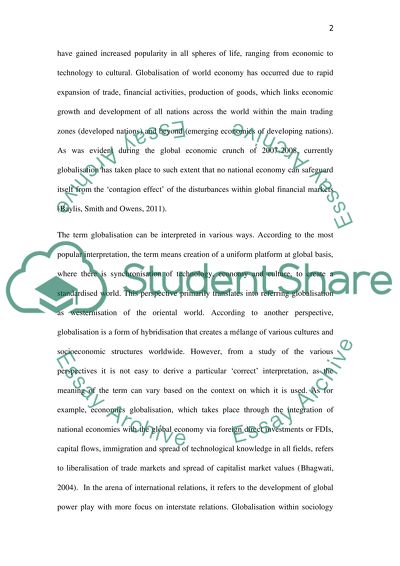Cite this document
(“Globalization Essay Example | Topics and Well Written Essays - 2750 words - 1”, n.d.)
Retrieved from https://studentshare.org/history/1398158-globalization-essay-coursework
Retrieved from https://studentshare.org/history/1398158-globalization-essay-coursework
(Globalization Essay Example | Topics and Well Written Essays - 2750 Words - 1)
https://studentshare.org/history/1398158-globalization-essay-coursework.
https://studentshare.org/history/1398158-globalization-essay-coursework.
“Globalization Essay Example | Topics and Well Written Essays - 2750 Words - 1”, n.d. https://studentshare.org/history/1398158-globalization-essay-coursework.


